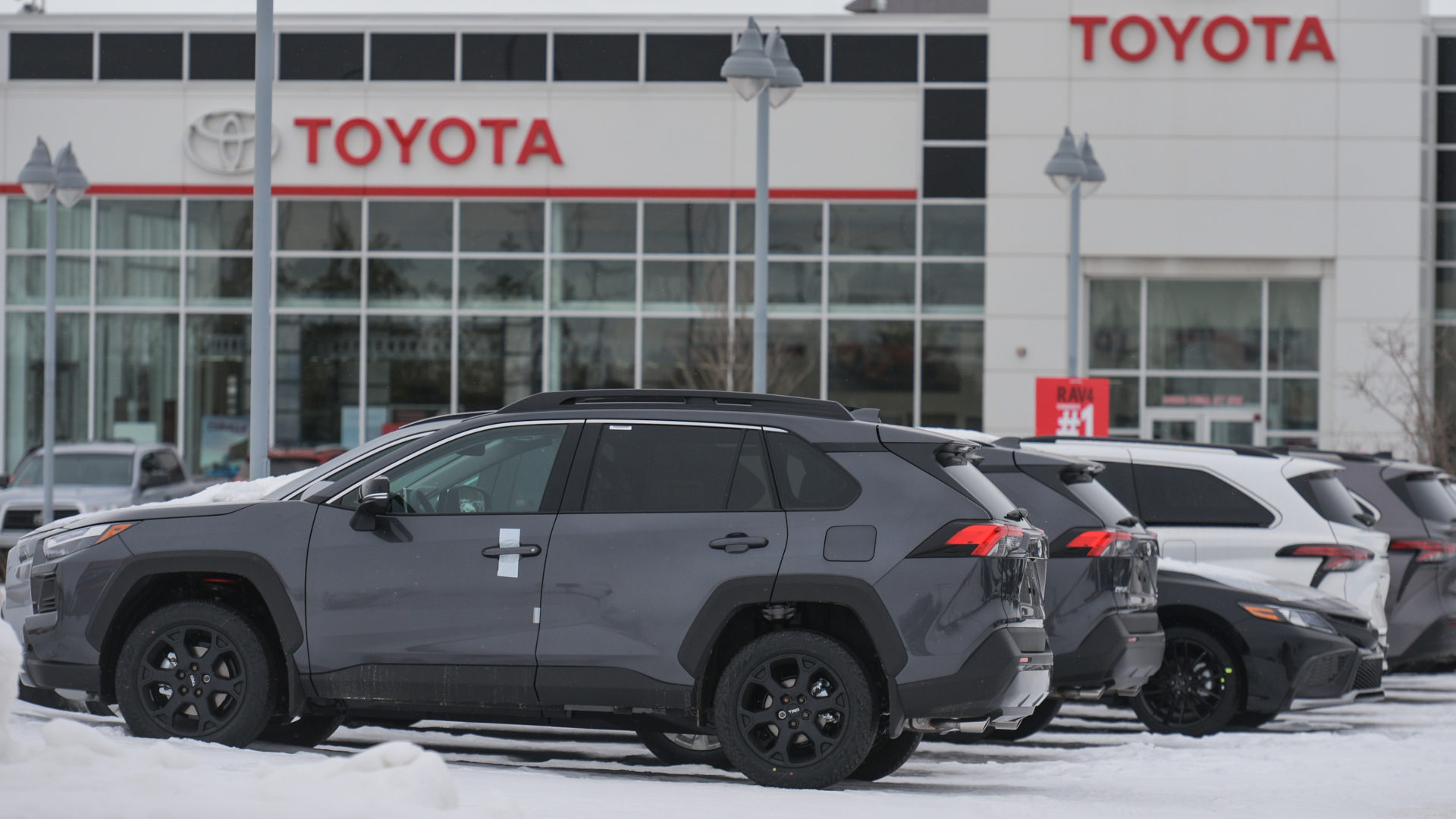

Toyota is hoping to build up its lease book in an effort to keep customers coming back to dealerships on the regular.
As reported by Automotive News, recent trends have seen a change in behavior for Toyota’s customer base. More people are purchasing cars rather than leasing them. At present, Toyota has a lease percentage of 14% of total sales, whereas historically that figure would be closer to 30%.
This is a concern for Toyota, as leases have been an important customer retention tool for the automaker. Typically, leaseholders return to the dealership every three years or so like clockwork. This provides sales staff the opportunity to get the customer signed back up on a new lease, or to sell them a car.
Leases are also a valuable source of used vehicles for dealerships. Lease cars are usually maintained as per the manufacturer’s schedule, and many are later sold as certified pre-owned vehicles with a great profit margin. Dealers can also use leases as a flexible tool to keep business ticking over. Dealers can offer to call leases in early to try and up sales, or they can be extended if the lot is short on stock.
Speaking with Automotive News, Toyota’s North American boss, David Christ, places much of the blame on pandemic-related supply chain issues. New car inventories have been far lower than usual thanks to limited parts availability. This has led automakers to cut incentives commonly used to shift lease vehicles. The flow-on effect has been that customers have instead found better value in taking out loans to buy vehicles instead of taking a lease. Low interest rates over the last few years likely helped in this regard, making monthly payments lower than they might otherwise have been.
Christ believes that leasing numbers won’t rebound until dealer stock levels stabilize. Once the demand for new vehicles no longer outstrips supply, he expects customers to return to leasing in greater numbers. However, the return may be delayed by customers with loans to pay down on purchased vehicles. Once those customers have equity in their vehicles and are ready to shop around, though, the stage will be set. Christ indicated that Toyota will be looking to offer those customers an opportunity to switch back over to a lease when the time comes.
For customers that like regularly driving a new vehicle, leasing can make a lot of sense. However, with new vehicles thin on the ground and incentives nowhere to be seen at dealerships, it’s clear the offering has become less popular. As the automotive industry slowly returns to normality after pandemic disruptions, however, one would expect leasing to trend back towards former levels.
Got a tip? Let the author know: lewin@thedrive.com